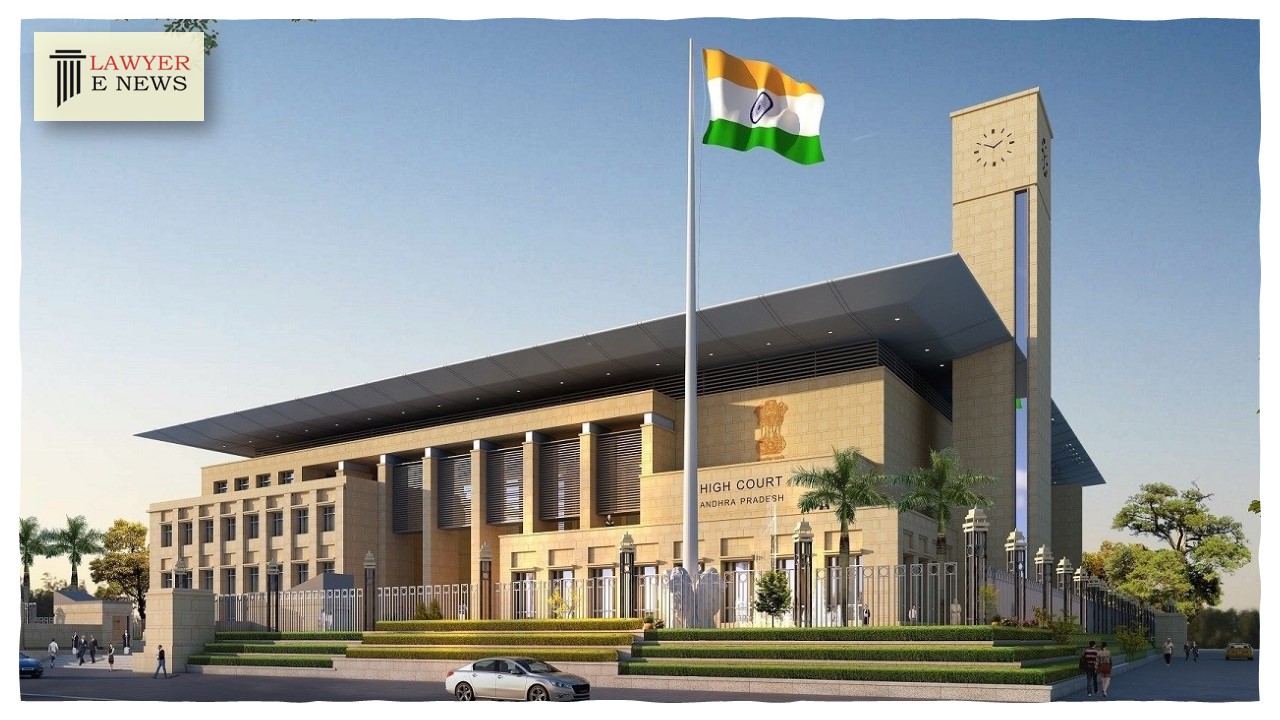-
by Admin
15 February 2026 5:35 AM



The High Court of Andhra Pradesh at Amaravati has upheld the appointment of an Advocate Commissioner in a property dispute case, affirming that such an appointment does not equate to the collection of evidence. The judgment, delivered by Justice R. Raghunandan Rao, addresses the contentious issue of whether appointing an Advocate Commissioner to demarcate property boundaries is permissible.
The petitioner, Ramakka, filed a suit (O.S.No.183 of 2011) in the Court of the Principal Junior Civil Judge, Kuppam, seeking a permanent injunction against the respondents from interfering with her possession of the disputed property. The property includes two items: land in Sy.No.13/3 and a country tiled house in Vasanadu Gollapalli Village, Kuppam Mandal, Chittoor District. The respondents contended that the property was originally assigned to their mother under a D-form patta and that they had constructed houses and shops on it.
During the suit’s pendency, the respondents requested the appointment of an Advocate Commissioner to identify the survey number and note the existing boundaries and structures. The trial court allowed this request, leading to the current Civil Revision Petition filed by Ramakka, who argued that such an appointment amounted to evidence collection, which is not permitted.
The court emphasized that appointing an Advocate Commissioner to demarcate property and note physical features does not constitute evidence collection but rather helps resolve disputes about property boundaries and features. Justice R. Raghunandan Rao highlighted previous judgments that support this view, stating, “The evidence in relation to the situation on the ground, especially in view of the rival submissions in the present case, can only be resolved by way of an Advocate Commissioner inspecting the property.”
The court referred to the judgment in Sarala Jain and Others vs. Sangu Gangadhar and Others (2016 (3) ALD 197), which outlines guidelines for appointing an Advocate Commissioner. It noted that demarcating property boundaries to resolve disputes does not equate to gathering evidence. The court found that the trial court’s discretion in appointing an Advocate Commissioner was justified and could not be faulted.
Justice R. Raghunandan Rao remarked, “The trial Court had, on a proper appreciation of these facts, appointed an Advocate Commissioner. Such exercise of discretion cannot be faulted.”
The High Court’s dismissal of the Civil Revision Petition reinforces the legal position that appointing an Advocate Commissioner for demarcation and noting physical features of disputed property is a legitimate judicial tool. This judgment is significant in providing clarity on the permissible scope of an Advocate Commissioner’s role in property disputes, ensuring that such appointments aid in the fair resolution of contentious issues without being mischaracterized as evidence collection.
Date of Decision: July 19, 2024
Ramakka vs. Muniraju & Others
